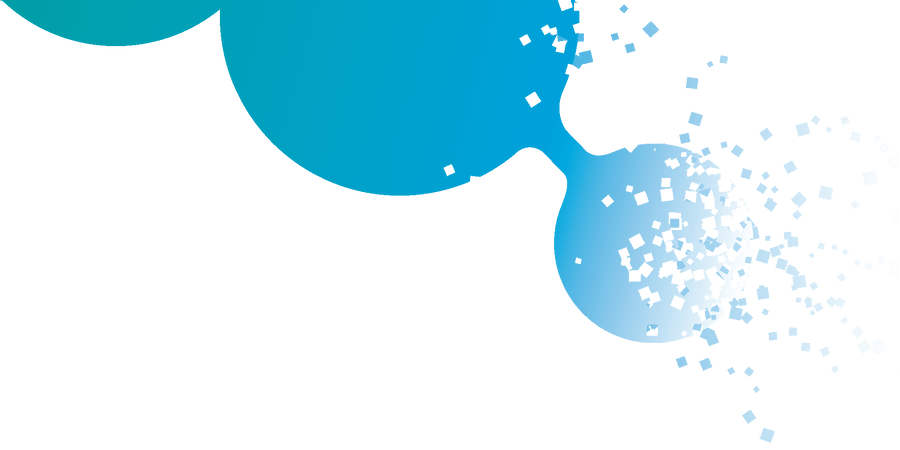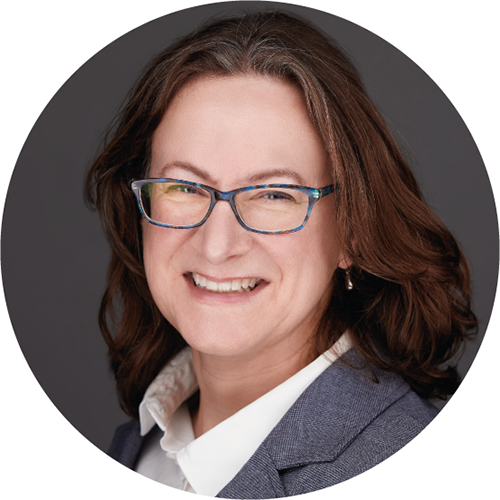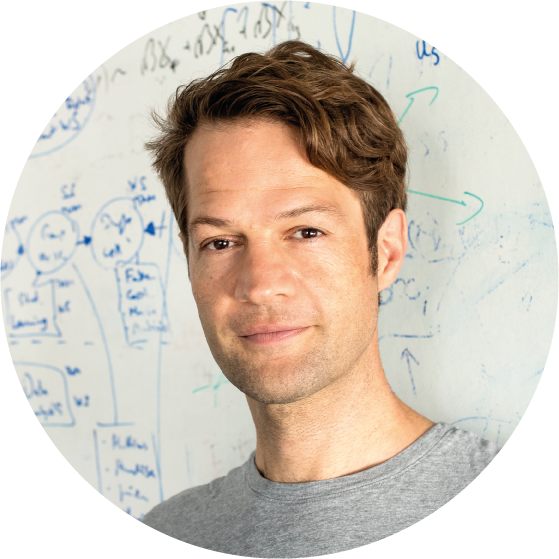Ido Amit
Principal Investigator, Department of Immunology, Weizmann Institute of Science, Israel.
Group’s webpage
Twitter
Born in Kibbutz Hazor, Ido Amit earned his PhD in biological regulation at the Weizmann Institute of Science in 2007. He conducted a four-year postdoctoral fellowship at the Broad Institute of Harvard University and the Massachusetts Institute of Technology, before joining the Weizmann Institute in 2011. He is the incumbent of the Eden and Steven Romick Professorial Chair.
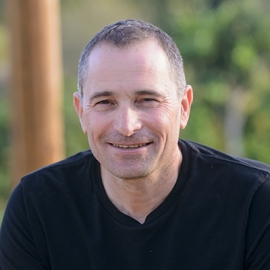
Ido Amit is a world leader and pioneer in the fields of single-cell genomics and clinical big-data analytics. He has spearheaded the application of these technologies to generate a comprehensive “google map” of the entire immune system and how it is perturbed in disease. Ido Amit’s research addresses some of the most fundamental questions in immunology. His discoveries are enabling the development of new immunotherapy strategies,—wotking with the leading biopharma his discoveries are driving immense innovation in targeted immunotherapy for autoimmune disorders, neurodegenerative diseases, and cancer – which will lead to the next generation of immunotheraphy treatments. In addition, Ido Amit is renowned in the science community as a leader in immunogenomics, a new field aimed at detecting and engineering specific immune activity to combat disease.
Ido Amit is the recipient of numerous awards for academic and scientific excellence, including the Michael Bruno Memorial Award from the Israel Institute for Advanced Studies at the Hebrew University of Jerusalem (2020), the Sanofi-Institute Pasteur Junior Award (2019), recognition as an International Research Scholar of the Howard Hughes Medical Institute (2017), the EMBO Gold Medal Award (2016), the Helen and Martin Kimmel Award for Innovative Investigation (2016), and the Rappaport Prize (2016) for his work in revealing the function of the immune system. He was elected as a member of the European Molecular Biology Organization (EMBO) in 2017.
Ido Amit is presenting in the session Dynamics of immune processes: from responses to pathogens to immunotherapy.
Kristy Deiner
Assistant Professor at ETH Zurich and co-founder of SimplexDNA, Switzerland
Website
Twitter
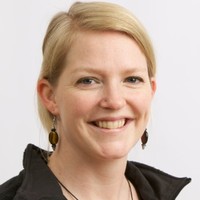
Kristy Deiner holds a PhD in Ecology from the University of California, Davis (UCD). She also holds a degree certificate from UCD in Conservation Management. Her dissertation research focused on applying genetic tools to assess biodiversity in alpine lakes and endangered vernal pool fairy shrimp. She has a diverse background working with mammals, birds, fish and arthropods to understand species distributions and population dynamics. Her conservation management research focused on what social, biological and economic pressures predict successful adoption of strategic conservation plans through an evaluation of California’s ecosystem based Natural Community Conservation Planning. She also holds a masters and bachelors degree in Biology from Sonoma State University. Her current research is developing environmental DNA detection methods for assessing biodiversity across all three domains of life from a single water sample. This new and exciting research area will have profound implications for monitoring biodiversity in freshwater systems around the world. She is going to apply this research to understand whether eDNA cane be used to do biodiversity trend analysis at a global scale through a recently funded 5-year grant from the European Research Council (2020-2025). Kristy’s current research endeavors are allowing her to work with engaging stakeholders in the process of understanding and applying scientific knowledge for the management of global biodiversity.
Kristy Deiner is presenting in the session Deciphering ecology and evolution with creative genomics approaches.
Jean Fan
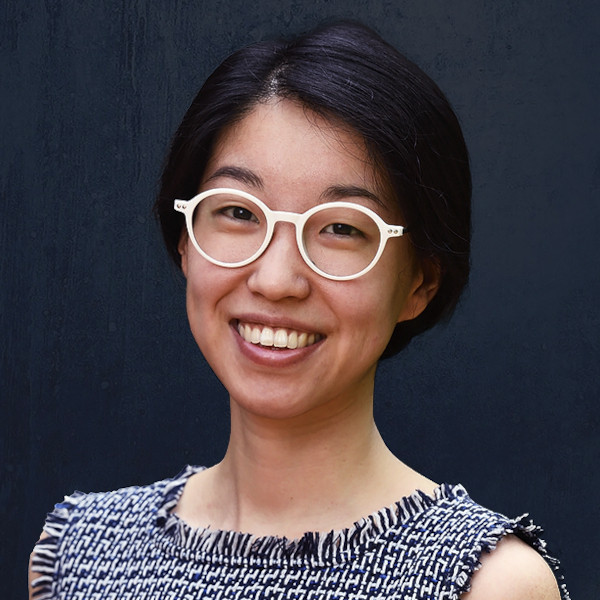
Assistant Professor in the Department of Biomedical Engineering at Johns Hopkins University - JEFworks Lab, USA
Group’s webpage
Jean Fan is an Assistant Professor in the Department of Biomedical Engineering at Johns Hopkins University. She was previously an NCI F99/K00 post-doctoral fellow in the lab of Dr. Xiaowei Zhuang at Harvard University. She received her PhD in Bioinformatics and Integrative Genomics at Harvard under the mentorship of Dr. Peter Kharchenko at the Department of Biomedical Informatics and in close collaboration with Dr. Catherine Wu at the Dana-Farber Cancer Institute.
Jean Fan is presenting in the session Machine Learning algorithms for advancing spatial biology.
Dominic Grün
Chair of Computational Biology of Spatial Biomedical Systems at Institute for system biology, University of Würzburg, Germany
Group’s webpage
Twitter
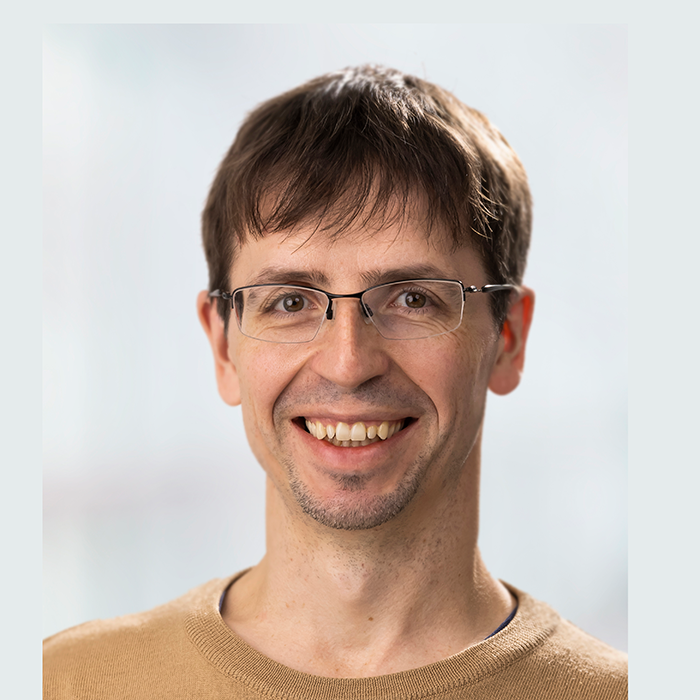
Dominic Grün is director of the Würzburg Institute of Systems Immunology and holds the chair of “Computational Biology of Spatial Biomedical Systems” at the University of Würzburg. He graduated in 2006 in Theoretical Physics at the University of Cologne and at New York University followed by postdoctoral periods at the MDC Berlin and the Hubrecht Institute in Utrecht. From 2015-2021 he led an independent research group at the Max Planck Institute of Immunobiology and Epigenetics in Freiburg, Germany.
Since the early days of single-cell sequencing he contributed novel computational methods with a particular focus on the analysis of cell fate decision. With these approaches he discovered novel differentiation pathways of immune cell populations revealing how the tissue niche shapes cellular states. He has a particular interest in the cellular architecture of the liver and studies the interactions across cell populations in the liver niche in the context of organ regeneration. More recently, he developed a computational method for the quantification of gene expression variability at high-resolution across cell state manifolds and combines this with spatial transcriptomics to identify intrinsic and extrinsic sources of cell state variability.
Dominic Grün is presenting in the session Methods in single-cell data analysis: from pre-processing to biological inference.
Paola Picotti
Deputy head of Institute for Molecular Systems Biology, ETH Zurich, Switzerland
Group’s webpage
Twitter
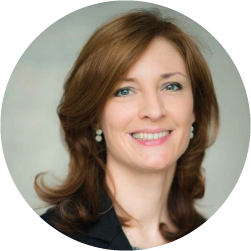
After her PhD at the University of Padua (Italy), Paola Picotti did postdoctoral research in the group of Ruedi Aebersold at ETH Zurich, where she developed targeted proteomic technologies based on mass spectrometry. In 2011, she was appointed Assistant Professor at the Institute of Biochemistry, ETHZ, and in 2017 tenured Associate Professor at the Institute of Molecular Systems Biology, ETHZ. Major contributions of the Picotti group include the development of structural proteomics technologies to probe in situ protein structural changes, characterization of the determinants of proteome thermostability, large-scale identification of protein-small molecule interactions, and the discovery of regulators of toxic proteins in Parkinson’s disease. Paola Picotti was awarded the Latsis Prize, the Cotter Award of US HUPO, HUPO Discovery in proteomics sciences award, the SGMS award, the EMBO Young Investigator Award, the Friedrich Miescher Award, the Juan- Pablo Albar award of the European Proteome Association, ERC Starting and Consolidator grants, The HUPO Discovery in proteomics award, the Rössler prize, the EMBO Gold Medal and the Leopoldina and EMBO memberships.
Paola Picotti is presenting in the session Proteins in 3D: the dynamics of protein structures and their interactions.
Sohrab Shah
Chief of Computational Oncology in the Department of Epidemiology and Biostatistics, at the Memorial Sloan Kettering Cancer Center, USA
Group's webpage
Twitter
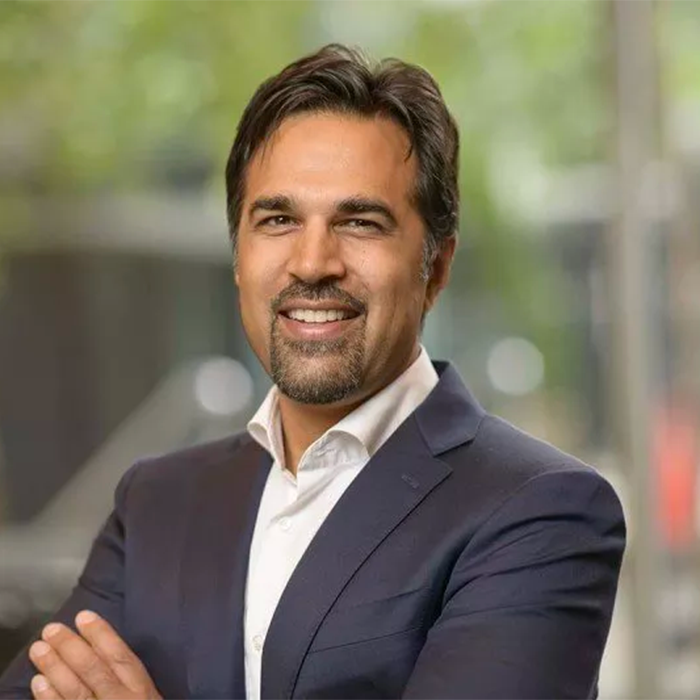
Sohrab Shah is the Chief of Computational Oncology in the Department of Epidemiology and Biostatistics. Sohrab Shah received a PhD in computer science from the University of British Columbia in 2008 and developed his research program in computational biology at BC Cancer Agency and the University of British Columbia starting in 2010. His research focuses on developing and using computational methods to understand cancer evolution and treatment response. This encompasses advanced machine learning and Bayesian statistical methods to analyze and interpret large-scale datasets in cancer research. At MSK, Sohrab Shah is building new and innovative capacity in computational methods across the spectrum of data-intensive research activity. This includes multimodal data integration such as genomics and imaging, high-resolution single-cell genomics, and transcriptomics. His translational focus lies in breast cancer and ovarian cancer, in which he has pioneered discovery of prognostic mutational signatures and has conducted large-scale studies of mutational landscapes and evolution of these cancers. Sohrab Shah is a former Canada Research Chair, is a Komen Scholar, and holds the Nicholls-Biondi Endowed Chair in Computational Oncology at MSK.
Sohrab Shah is presenting in the session Precision medicine: harnessing big data for cancer and other complex diseases.

